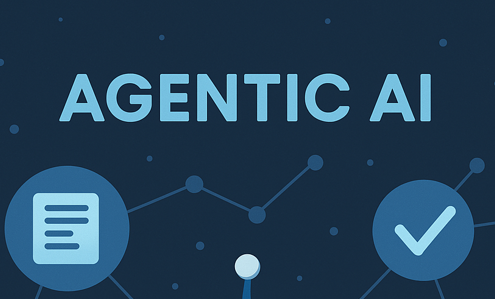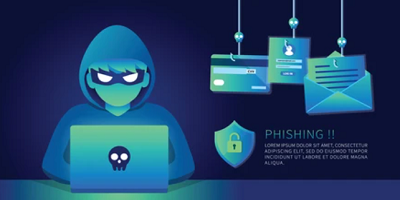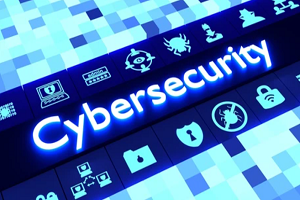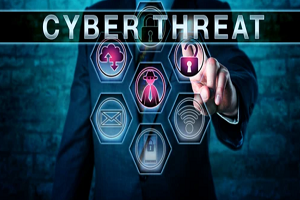Nowadays, most people become internet-savvy. Be it personal or professional purpose, the internet is undoubtedly an integral part of today’s generation. However, convenience comes with various security threats.
Sensitive information sets are susceptible to unauthorized access while sharing. Moreover, cybercriminals can also trick people to gain their personal information.

The methods of cybercrimes are advancing with time. Hence, if you do not take solid precautions, you can experience the financial loss or reputation deterioration. It is high time to start executing the following five best strategies to protect yourself from internet security threats.
#1 Do Not Open Emails From Unknown Sources:
If you are a regular email user, then you have surely received lots of spam emails so far. However, some emails can be more dangerous, such as phishing emails. Cybercriminals can create some sort of urgency in the email subject line.
Moreover, they can also pretend to be a reliable source. However, you must always listen to your instinct. If you receive any such email out of blue, you must not open that email. Just contact the respective authority whose name is mentioned in the email.

Remember, phishing techniques become very advanced. In some cases, even your permission will not be needed to start downloading. As a result, cybercriminals can spread malware to your hard drive. Hence, it is a good practice to avoid unpredicted emails from unknown senders.
#2 What about Passwords:
Passwords act as the key to many online accounts. Therefore, you must stay conscious when it comes to setting passwords. Do not use a common password for multiple accounts. According to a study, many people still rely on “12345678” as their password. It will just create golden opportunities for cybercriminals to access your accounts.
Hence, refrain yourself from using easy-to-guess passwords, such as your birthday or pet’s name. Choose a complex combination of letters, numbers, and characters that you can remember.

#3 Do Not Click On Unknown Links:
Do you have a habit to click on links online? Then, you must be cautious. Malware and viruses have a tendency to spread in this way. If you come across a strange-looking link, just avoid it.
Phishing emails also contain links to fake websites to acquire sensitive information. However, you can also receive an email from a known source with a suspicious link.
You should contact that person immediately to verify whether they became a hacking attack victim. Since advanced cybercrimes become tough to detect, you should not take any chance.
#4 Data Back-up is Necessary:
Suppose you have taken all the known precautions to prevent online threats. However, still, you can become a victim of a threat, such as ransomware.

There is a strong chance to lose your valuable data. Hence, you must back up your data on a day-to-day basis. Thus, you can avoid the headache of data recovery later.
So, if a cybercriminal takes over your system and asks for a ransom to release the control, you do not need to worry if you have an updated back-up file.
#5 Teach Your Family:
If your family members are also using your network, teach them about security threats. Otherwise, a small mistake can cause a heavy loss. To avoid negative consequences, make them familiar with secure internet usage.
Some Tips to Stay Safe from Specific Internet Security Threats
Phishing: It has become a common threat in the Internet world. Most of the cases, the attack is not targeted.

However, the consequences can be severe concerning finance and business reputation. Hence, it is a must not to click any link or download any attachment before verifying the source. Sharing confidential information can bring a serious trouble with high repercussions.
Malware: Different types of malware include adware, internet bot, spyware, computer virus, computer worm, etc. However, it is almost impossible to remain completely anonymous in this age.
Nonetheless, you should refrain from downloading anything from unverified sources. Keep your system’s operating system and software up-to-date. Install high-quality antivirus software and perform a system check daily.

Spyware: You must stay away from pop-up ads. Do not forget to install antivirus as well as anti-spyware software in your system. Take enough precautions before using file-sharing websites. Moreover, the security of your browser must be set high.
All the above tips are easy to implement. So, why are you waiting for? Protect your sensitive information and all your online accounts today.





